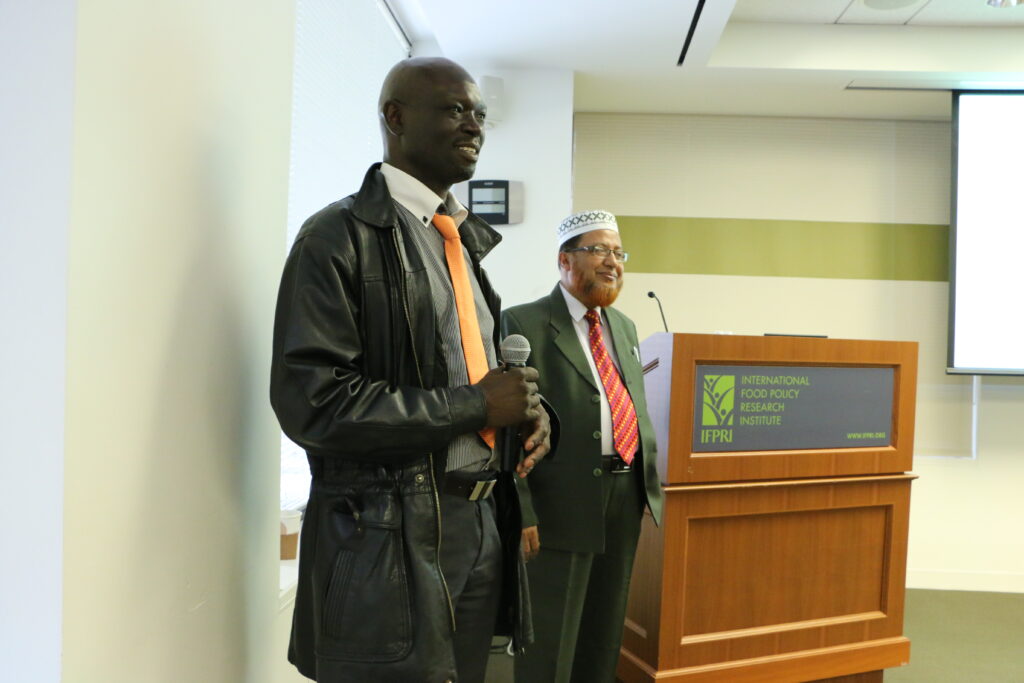Reaching a billion people with biofortified crops by 2030 is an ambitious target, but the success of biofortification programs in HarvestPlus target countries proves that it is feasible. Bangladesh and Zambia exemplify the progress biofortified crops have made in Africa and Asia. In both countries, these crops have reached nearly a million people within three years of their release.
That success, according to the managers of both country programs, owes much to the strong partnerships that HarvestPlus has built with key actors locally. These partnerships, encompassing public and non-governmental organizations as well as the private sector, are driving the adoption and mainstreaming of biofortified crops.
HarvestPlus Bangladesh country manager Dr. Khairul Bashar notes that national ownership of biofortification undergirds the adoption of zinc rice in the country. Bangladesh is renowned for its progressive approach to new agricultural technologies, and the government has duly included biofortification in the country’s 7th Five Year Plan. The four zinc rice varieties promoted by HarvestPlus join other biofortified crops, including vitamin A sweet potato and zinc and iron lentil, that the government and other organizations have made available to farmers.
Another key partnership is with the World Vision-led ENRICH project, which is committed to delivering zinc rice to more than 15,000 households in one district alone. Critical to the crop’s adoption nationally is the private sector; at least 300 companies have partnered with HarvestPlus in the promotion and marketing of zinc rice.
In Zambia, the government has become the largest buyer of vitamin A orange maize seed, which it includes under a program that subsidizes farmers’ access to agricultural inputs. HarvestPlus Zambia country manager Dr. Eliab Simpungwe emphasizes the government’s driving role in the crop’s adoption, noting a dedicated budgetary allocation for its promotion nationally.
Following the official launch of widespread commercial sales of orange maize in August 2015, the variety is now expected to be widely available across the country. Five major private seed companies are leading the crop’s commercialization, while HarvestPlus’ partnerships with other non-governmental actors, such as World Vision and AgResults, stimulate and strengthen demand among farmers and consumers.
Bangladesh and Zambia are just two of the 30 countries globally where biofortified crops have already been introduced, with more countries expected to embrace these crops in the years ahead. As delivery efforts scale up worldwide, HarvestPlus and other stakeholders are optimistic that the number of people growing and consuming biofortified crops will increase from 20 million in 2016 to 1 billion by 2030.
*Photo: Dr. Eliab Simpungwe (L) and Dr. Khairul Bashar (R), HarvestPlus country managers for Zambia and Bangladesh, during a presentation at IFPRI. The two managers are in Washington, DC, this week to meet with US Government and other stakeholders.
